Top Reasons Why Popping Pimples Should Never be Your Skin Solution
One of the most alarming reasons why you should never pop your pimples is the immediate risk of infection. When you pop a pimple, you're actually tearing open your skin, creating an open wound. This wound can easily get infected by bacteria, leading to painful inflammation and even scarring. To protect yourself, it's best to keep your hands off your face and allow pimples to heal naturally.
Moreover, the bacteria that reside on your hands and under your nails can also worsen the situation. Generally, Propionibacterium acnes is the bacteria that cause acne by creating a conducive environment within the skin's pores. Popping a pimple not only exacerbates these existing conditions, but it also adds to the bacterial chaos, leading to a potential secondary, even more severe infection.
Furthermore, the pus inside a pimple acts as a protective barrier. When a pimple is ready to 'pop' naturally, the pus comes out on its own. By popping it forcefully and prematurely, you endanger your skin to the perils of infection and inflammation.
Delays Healing
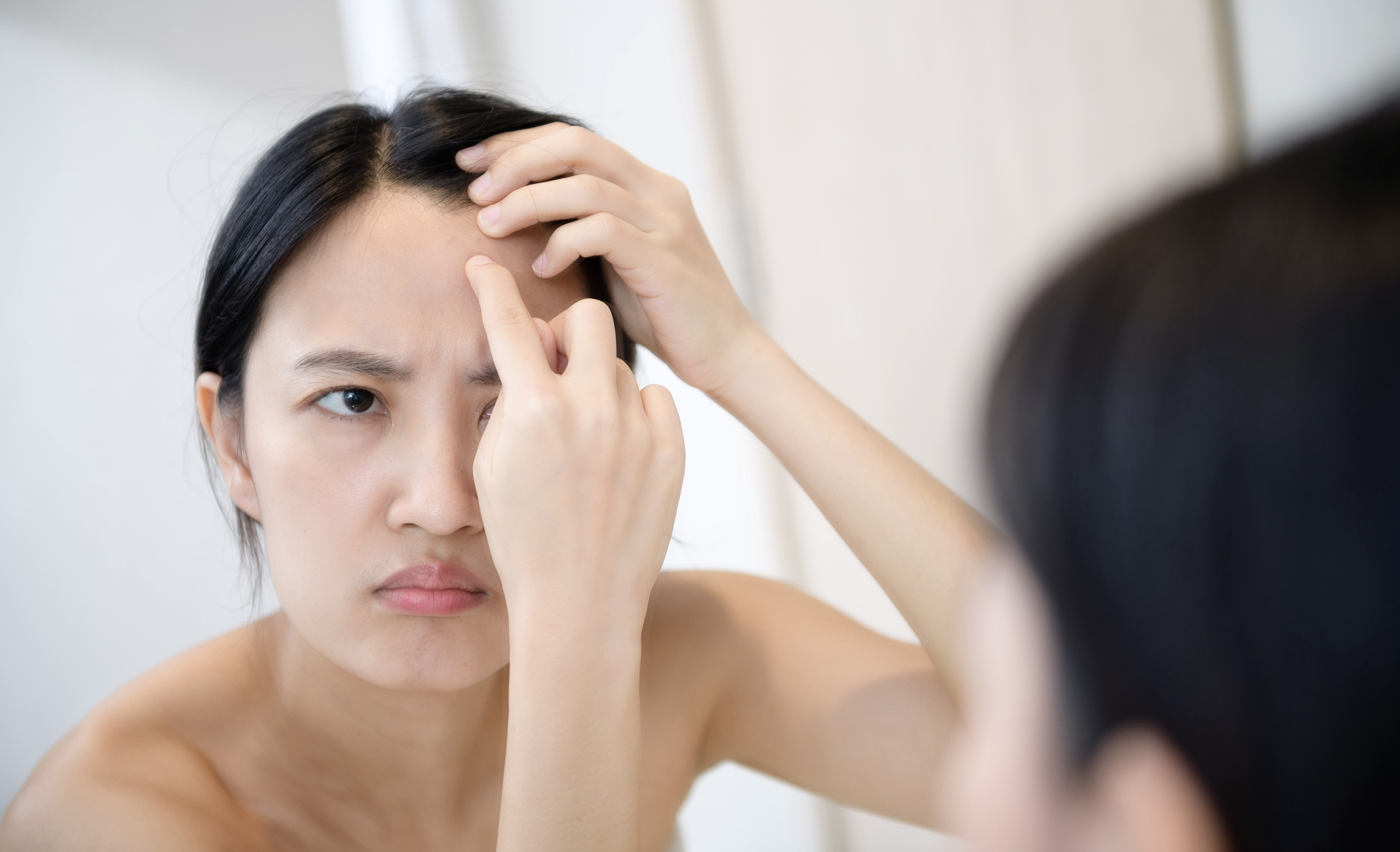
While it might seem that popping a pimple could expedite the healing process, the reality is completely the opposite. Popping pimples disrupt the skin's natural healing process, thereby delaying it. The skin is programmed to contend with injuries, like those caused by acne. When you pop a pimple, you are imposing an artificial and harmful event on this natural process.
Instead of allowing the skin to heal, the action causes more inflammation and traumas the skin. The body then has to work double-time to heal the wound caused by the popping as well as the pimple itself, which ultimately prolongs the healing process.
Moreover, by forcibly exposing the vulnerable inner layers of the skin to the outside environment, the healing timeline extends. When we allow the skin’s natural timeline and cell cycle to process breakouts unhampered, it’s the best favor for our complexion's recovery journey.
Potential for More Pimples
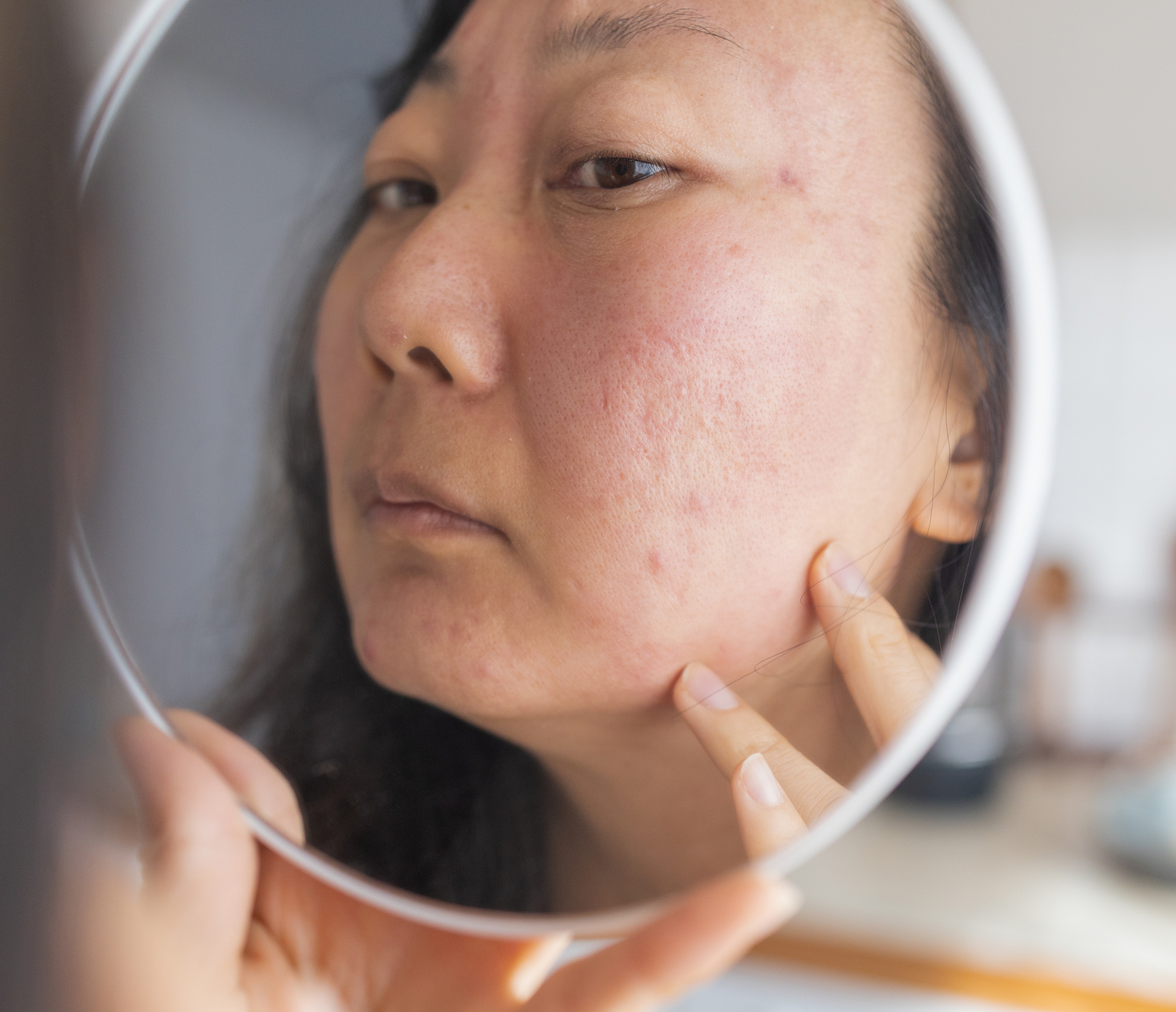
Another negative result of pimple popping can be the birth of even more pimples. When a pimple is popped, it releases pus and cellular debris that can affect the surrounding pores. This inflammation and irritation of nearby comedones may cause them to transform into pimples as well.
The release of cellular debris is not limited to the skin's surface. It can also spread to the underneath layers of the facial skin. As a consequence, more acne is stimulated as the bacteria penetrate and disrupt other pores leading to a full-fledged breakout.
The Scarring Threat
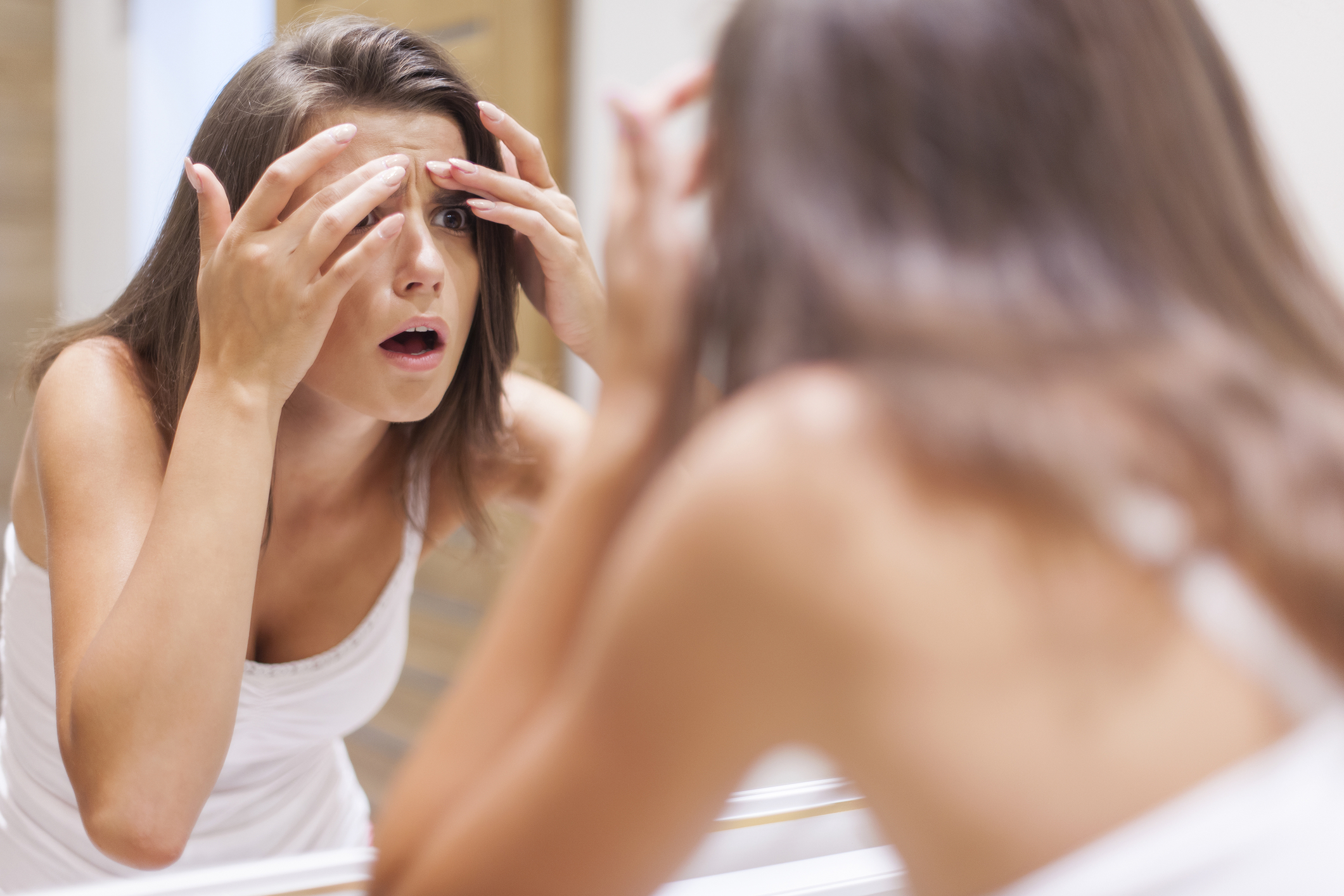
Acne scarring is another strong argument as to why you should abstain from popping your pimples. When you squeeze that pimple, more often than not, you cause a deeper wound which can even reach the dermis, the second layer of skin. Damage to the dermis triggers an inflammation response, resulting in more visible and lasting acne scars.
Over time, this can also lead to dark spots, or hyperpigmentation, which occur as a result of the skin's response to the inflammation. These dark spots are stubborn and take a very long time to fade.
Moreover, squeezing pimples, especially cystic ones, can cause deep tissue damage and lead to long-term textural changes in the skin.
Psychological Impact of Pimple Popping
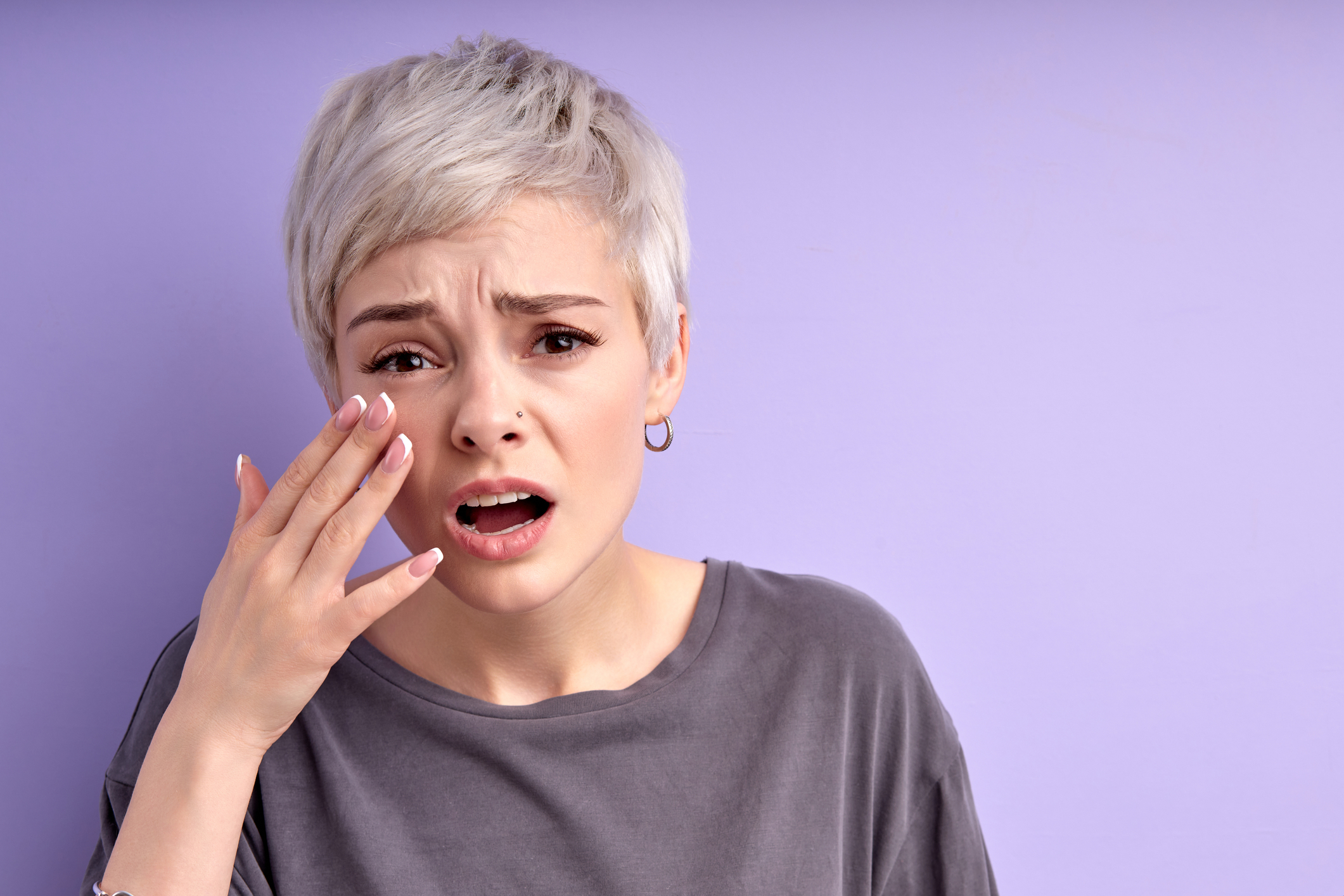
Pimples are part of your body's response to hormonal changes, not a reflection of personal hygiene habits or dietary choices. The habit of popping might be catalyzed by frustration or anxiety around having acne. Pimple popping can become a compulsive habit characterized by an irresistible urge and desire to pop the pimples despite knowing the fact that it can lead to damaging consequences.
This habit turns into a vicious cycle of persistent acne and scarring, which can lead to even more frustration, promote a negative self-image, and cause additional stress, propelling the cycle on.
Professional Treatment is a Better Choice
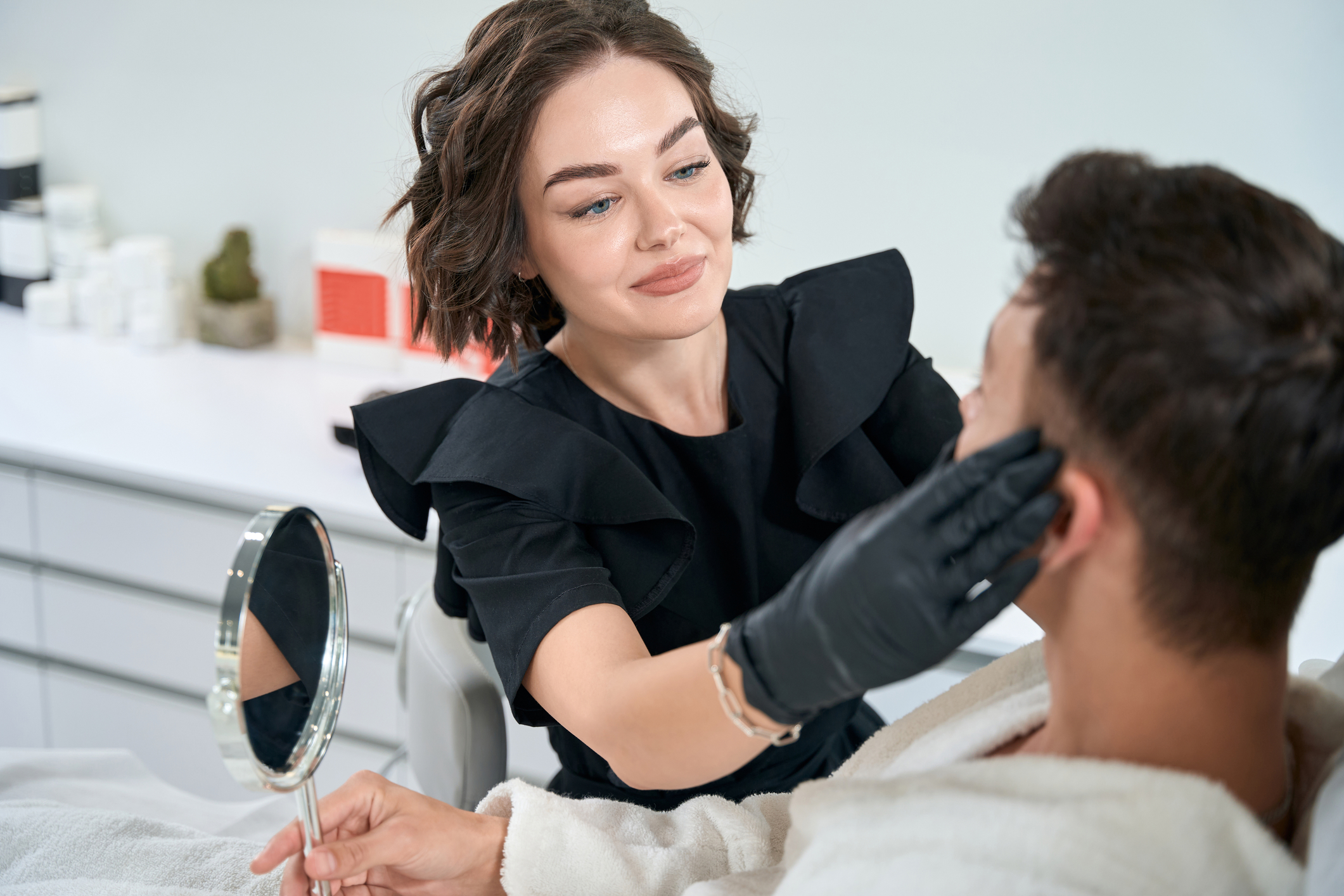
When those stubborn pimples continue to make their mark, it can be enticing to resort to self-proclaimed 'solutions' like popping. But professional treatment options are far better choices for effective and safe acne control. Dermatologists can provide treatments like salicylic acid peels, laser treatments, or prescription medications, all of which address the root causes of acne without damaging the skin physically.
Moreover, introducing a healthy skincare routine with non-comedogenic products, maintaining a balanced diet, and regular check-ups with dermatologists are effective methods to limit those infuriating breakouts effectively and safely. It always pays to remember, your skin is your body's largest organ, and it deserves to be treated with care rather than aggression.